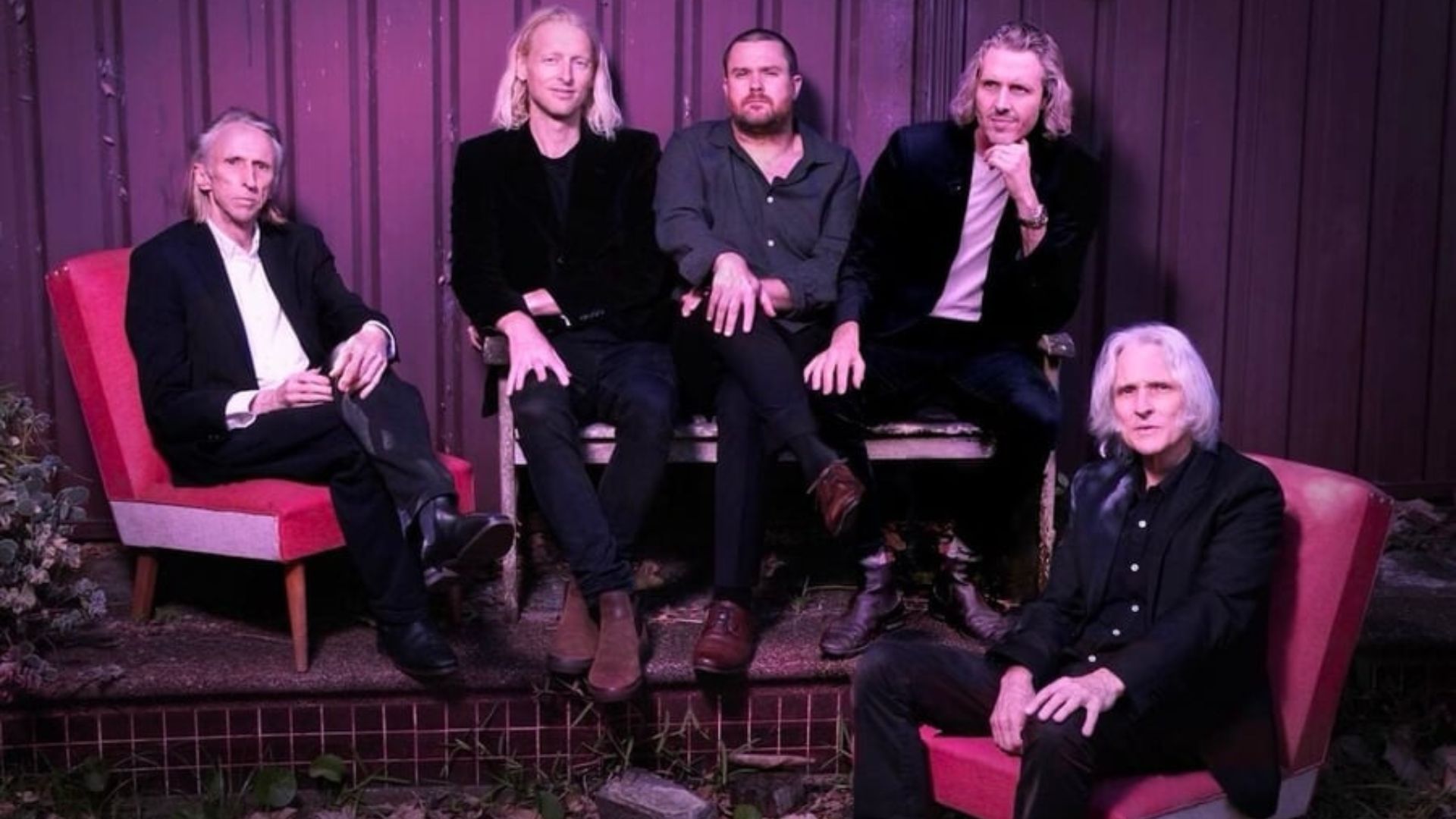Sam Fender isn’t pulling punches when it comes to the state of the music industry. In a recent interview with The Sunday Times, the North Shields singer-songwriter called out the industry for being “rigged” and overwhelmingly dominated by artists from privileged backgrounds.
“The music industry is 80 per cent, 90 per cent kids who are privately educated,” Fender said. “A kid from where I’m from can’t afford to tour. So there are probably thousands writing songs that are ten times better than mine, poignant lyrics about the country. But they will not be seen because it’s rigged.”
It’s a blunt truth, but hardly a new one. Working-class artists have been steadily pushed out of music for years, with the cost of breaking through higher than ever. Between the price of equipment, recording, touring, and surviving while trying to ‘make it,’ success isn’t just about talent—it’s about having the money to even get in the door.
Once, the UK’s biggest bands were full of kids from ordinary backgrounds—The Beatles, The Clash, Oasis, Arctic Monkeys. But now, more and more artists entering the scene come from wealth. Fender isn’t the first to notice. Slowthai, IDLES, and even Elton John have all pointed out how the industry is increasingly closed off to those without financial backing. If you can’t afford to work for free, couch-surf in London, or rely on family money, the road to success is nearly impossible.
Fender also highlighted how class privilege shapes more than just career opportunities—it even dictates who gets a second chance. He pointed out the stark difference in how addiction is handled across class lines.
“My drug addict friends who are posh go to rehab, but my mates with issues up there just die,” he said.
It’s a brutal but accurate read on how the world works. In music, as in life, privilege determines who gets support and who gets left behind. The industry preaches inclusivity, but when it comes to class, it’s still a gated community.
Fender’s third album, People Watching, is out now, and he’s gearing up for a string of UK stadium shows. Whether his words spark any real change in the industry is another story.











